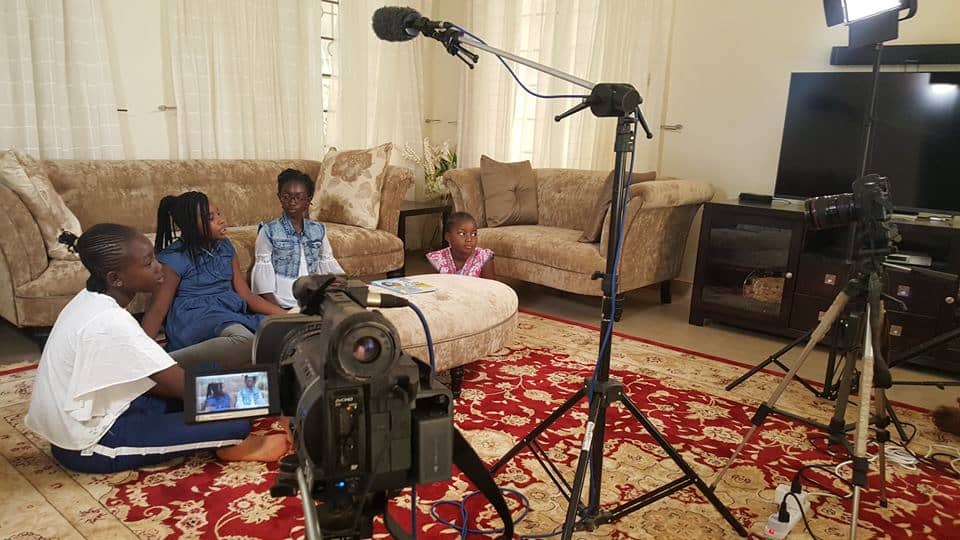Project Description
The Gambia is not very renowned in the film production world. The country is more of a consumer than a producer of films. There have not been popular productions from The Gambia in the genre of feature films or great documentaries with professional 35mm cameras. In fact the film that has done most in popularizing the Gambia was by Alex Harley “ROOTS” (1977), which was shot with 35mm camera and even partially shot in the Gambia with a wholly non-Gambian cast and crew.
Earlier in the late 1960s government had established the film unit under the Ministry of Information charged with documentation of audio visual images of state events and development issues. (refer to write up on film unit)
A few exceptions are the film ‘Lamin’ (1987) shot by Norwegian TV Broadcasting Corporation (NRK) with BETACAMS and using Gambian actors such as Sheikh Omar Jallow. The film maintained the top 10 slots for 10 weeks in Scandinavia. ‘Aarow’ (2006) by Amadou Sillah of Vinasha Productions shot in new digital format and has won an AMA award in 2006. There are a few that have also won other nominations recently including “The Hand of Fate” (2013) by Director Ibrahim Ceesay at the NAFCA Award in Washington and who’s second film “Sarata” (2014) is currently being screened. Also a television series in HD format dubbed “Nakala” (2015) by Modou Lamin Touray – Sisquo is recently launched and is being broadcast on the Senegalese TV. . Most of those who now dabble in the industry obtained their training on-the-job as employees of private media houses or the one and only Gambia Radio and Television Services (GRTS).
In recent times the country is getting increasingly popular as a location for shooting films by producers of the sub-region, especially Nigerians. But most of the films shot in the country are realized by non-Gambian producers and directors, using largely Gambian casts and already popular actors/actresses from Nigeria to leverage the films in the international market. This situation in our perception is motivated by the relatively cheap cost of producing films in the country vis- a -vis the cost of services such as hotels. Other reasons include the growing appetite for youth to participate in films, either for artistic or economic reasons and the chance for one’s talent to be spotted and given a break in the international arena. This compels them to look for opportunities to participate in films at any cost, at times paying for auditioning. At present there is no institute devoted to training film-makers.
At present the industry is characterized by productions directed at national television, be they commercials, documentaries or drama sketches, the latter mostly intended for sensitization on social or educational issues. In this scenario Government, NGOs, and commercial enterprises such as GSM service providers are the main sponsors/funding agents. The other category that is also gaining in momentum is that of those engaged in producing video clips for musicians. In the last 3 years the country has been witnessing more films by Gambians despite scarce funding especially for the making of feature films. Gambian productions are now featuring at film festivals such as Clap Ivoire in Abidjan, Durban Film Festival in South Africa, AMA Award of Nigeria.
It is not certain how much Gambian and non-Gambian producers realize from film consumption in the country in the absence of a functional Collective Management Society. What is certain is that most of the films in circulation are pirated. It is also obvious that piracy is the bane of the industry in The Gambia as well as the sub-region.
In 2004 a new copyright law was enacted replacing the colonial inheritance of 1912 which only covered printed material. At present the country has a Copyright Bureau under the NCAC and an independent Collecting Society both of which are struggling for resources to be fully functional.
The Department for Literature, Performing and Fine Arts works with the Film Producers’ Association of the Gambia (FPAG), whose aims and objectives are to: FPAG constitution

